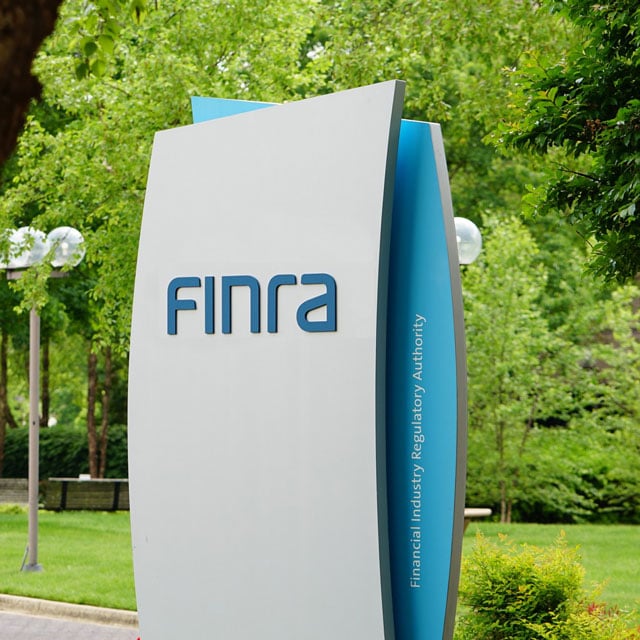
Joe Biden Owns a Security Benefit Variable Annuity
Resources
- The U.S. Office of Government Ethics officials' disclosures search collection is available here.
- Links to Biden-Harris campaign financial disclosures are available here.
- Kamala's Harris public financial disclosure report is available here.
- An article about the Trump Organization's employee benefit plan filings is available here.
Biden's Life Insurance and Annuities
It's possible that some of the candidates and spouses have types of insurance that don't show up in the disclosure filings, either because reporting of those types of coverage is not required, or because the products are held inside arrangements set up in a such a way that the contents need not be disclosed on the disclosure forms. Biden appears to the only candidate or spouse who lists life insurance and annuities in the disclosures. He says he owns six whole life policies issued by Massachusetts Mutual Life Insurance Company. He gives the estimated value of each policy in terms of asset value ranges. The total asset value of the MassMutual whole life policies could range from $48,006 to $195,000. Biden also owns a variable annuity issued by a company in the Security Benefit Group. He says he has $15,001 to $50,000 in assets in the annuity's BNY Mellon IP Technology Growth subaccount. He has anywhere from $1,001 to $15,000 in assets in each of the following subaccounts:
- Invesco VI Health Care
- Guggenheim VIF High Yield
- Janus Hend VIT Enterprise
- Janus Hend VIT Research
- Western Asset Variable Global High Yield Bond
- MFS VIT Utilities
- Guggenheim VIF Styleplus Mid Growth
- Guggenheim VIF S-Mid Cap Value
- Guggenheim VIF Small Cap Value
- Guggenheim VIF All Cap Value.
Biden's Other Assets
Biden also reported having between $952,006 to $2,030,000 in accounts at six banks, savings institutions and credit unions: M&T Bank, Wilmington Savings and Fund Society, TD Bank, PNC Bank, U.S. Senate Federal Credit Union, and New Castle County Schools Employee Federal Credit Union. Biden's retirement account assets include $15,001 to $50,000 in the TIAA-CREF Lifecycle Index 2010 Fund, and he has given CeltiCapri Corp, a company he uses to manage his speaking and writing engagements, a value of $250,001 to $500,000. — Read Biden and Trump Agree on Role for Private Health Insurance, on ThinkAdvisor. — Connect with ThinkAdvisor Life/Health on Facebook, LinkedIn and Twitter.
© 2025 ALM Global, LLC, All Rights Reserved. Request academic re-use from www.copyright.com. All other uses, submit a request to [email protected]. For more information visit Asset & Logo Licensing.
Featured Resources
View All
Sponsored by Commonwealth Financial Network
The Advisor's Guide to Philanthropic Giving for High-Net-Worth Clients








